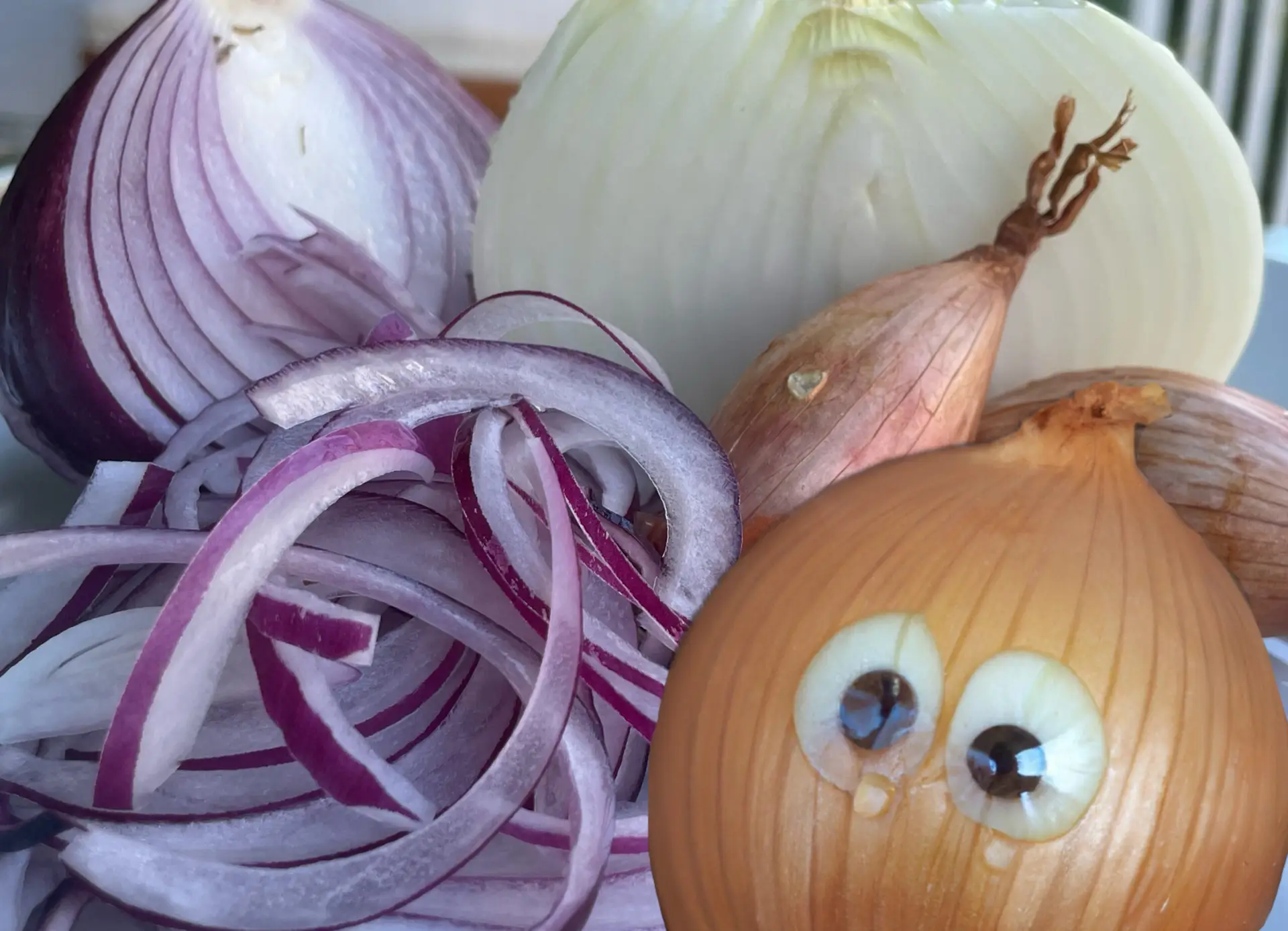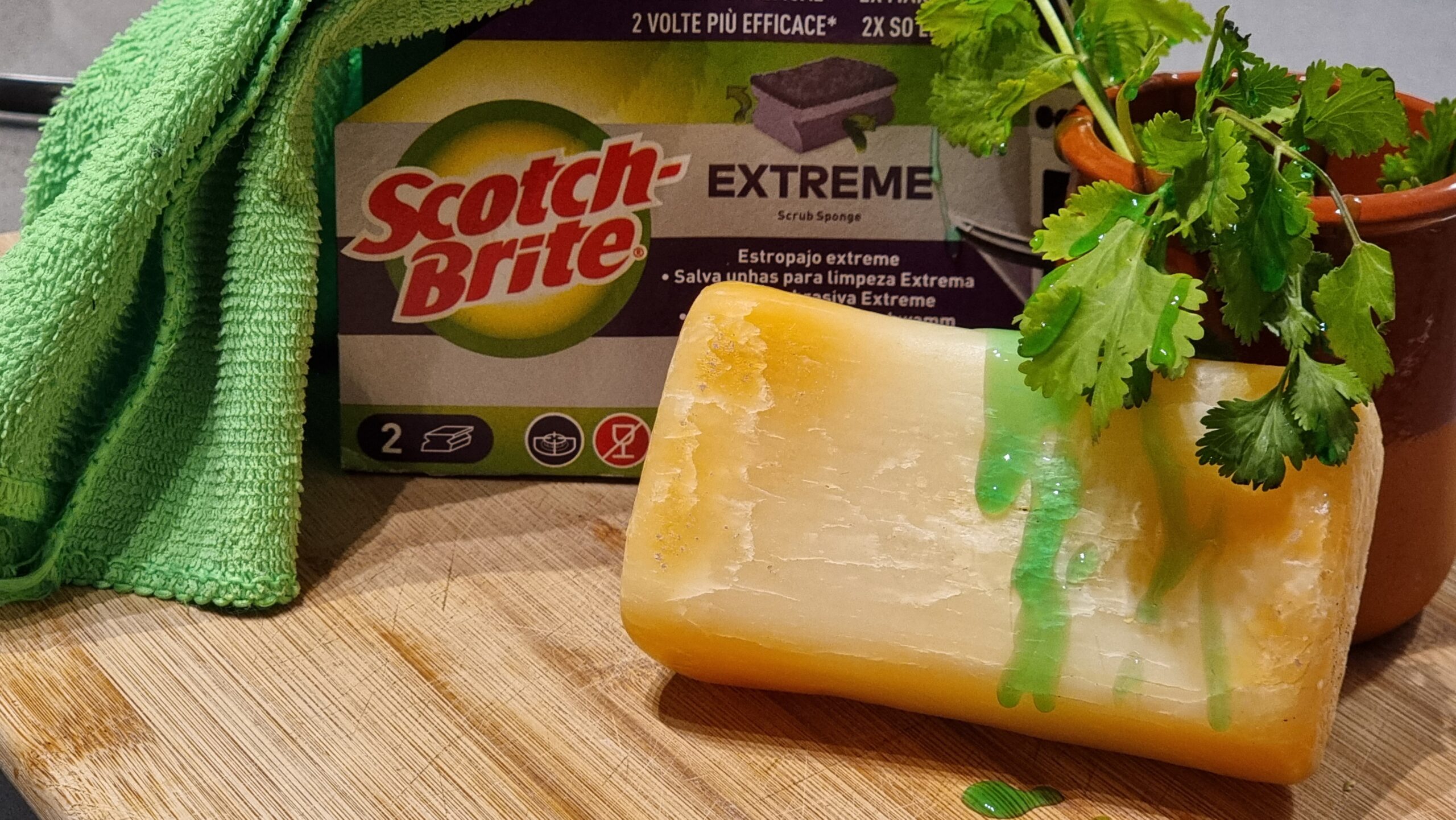Does adding salt cook the pasta faster while boiling? When should we add salt anyways?
Pretty much every cookbook that there is, about cooking pasta, tells you to add salt to the water while boiling it and we all dutifully do so. There is a very simple reason why we add salt to pasta or rather to any food: to boost agreeable flavors (to know more about salt, Click Here). But seldom do we ask the question of why we add salt, I’ve heard a lot of theories corresponding to pasta, so let’s discuss some of them.
First, the most prominent one, is “Adding salt to water increases the boiling point of water”. If you were or are a chemistry student, we know that it’s true. But why does it raise it? In order to boil off, molecules of water must break off from the ties that bind them together, hydrogen bonds, which are strong but when there is another alien particle present they act as an additional barrier for them to turn into steam. So those wannabe steam molecules require some extra energy to go sailing off, in the form of extra heat energy and hence the raised boiling temperature. And how much does it raise? Let’s do a very simple calculation.
Q) Calculate the boiling point of a 3.5% solution (by weight) of sodium chloride in water. [Sea water, as most chefs, say “water must taste like seawater, right?”]
Solution: The formula to calculate the rise in the boiling point of a liquid is:
ΔT = i*K*m
where,
i = Vant’s Hoff Factor (2 for water)
k = ebullioscopic constant (0.512°C.kg.mol-1 for water)
m = molality of the solute (Salt in our case)
Now, 1 kg of the given solution contains 0.035kg of NaCl and 0.965kg of H₂O. Since the molar mass of NaCl is 58.5, the number of moles of NaCl in 1 kg of the solution is:
(35g)/(58.5g.mol-1) = 0.598 moles
then, the molality of water can be calculated as
m = (0.598mol)/(0.965 kg) = 0.619 molal
Then, ΔT = 2*(0.512)*(0.619) = 0.633°C
So, the new boiling temperature of the water will be,
t = 100oC + 0.643°C = 100.633°C
I’ll award you an A if you remembered this calculation from class 11th. But the most important thing here to note is that this rise in the temperature of the water is as mere as 0.6ºC, now this difference might shorten the cooking time by less than a second if anyone’s in such a hurry they might also consider skating from the kitchen to the dining hall at the time of service.
Second, there is another mumbo jumbo relating to the fallacy of the addition of salt before or after the boiling of water. Let’s see, NaCl, salt when it is added to water ionizes into Na+ and Cl- regardless of the temperature, time, or anything. One cookbook (not naming it!) even goes beyond the limits saying, adding salt before boiling may cause an “unpleasant taste”. The fact is that as long as the pasta is cooked in salted water, it makes no difference when we add the salt (take into consideration that it takes time for the pasta to “absorb” salt).
Third, some people also say that adding salt after the water boils releases heat, even so, that the pot of water boils over. Sorry peeps, but it’s the opposite, when we add salt it absorbs a little bit of heat for its ionization to take place. The phenomenon that they must have witnessed is the formation of nucleus sites, or simply Nucleation, in which as soon as you add salt momentarily you can see that the water comes to a livelier boil. Summing up, let’s just add the salt whenever and for whatever reason, don’t forget it or the pasta will taste meh.







